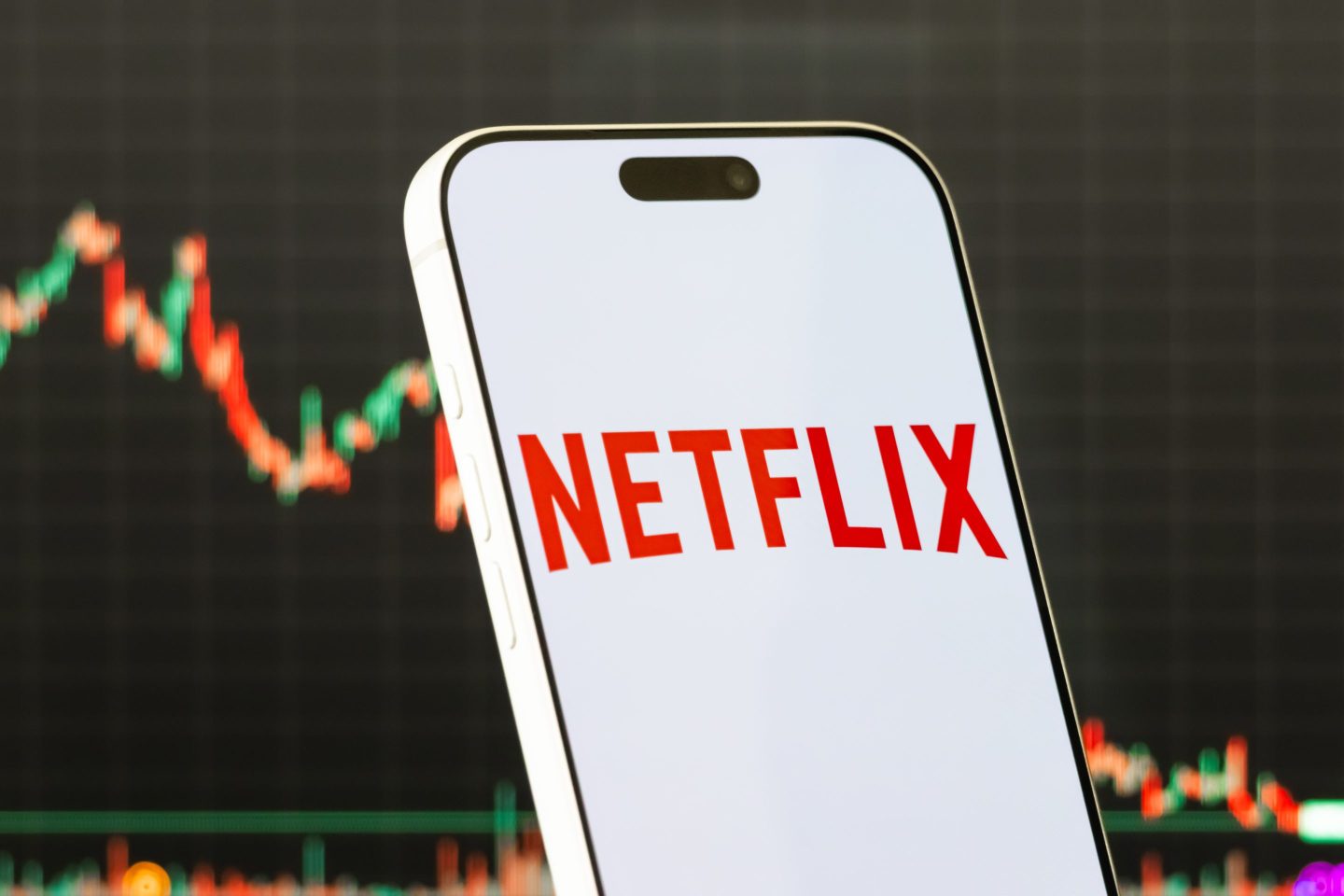Berkshire Hathaway’s third-quarter earnings report on Saturday revealed Warren Buffett continued to sell more stocks than he bought, with the legendary investor poised to step down as CEO by year’s end.
The conglomerate sold $12.5 billion of stock in the latest period and bought $6.4 billion worth, marking the 12th consecutive quarter of net selling. More details on specific stocks will come in a separate regulatory filing later this month.
Meanwhile, Berkshire Hathaway’s cash hoard swelled to a fresh record high of $382 billion as operating earnings jumped 34%, while Buffett held off on buying back stock for the fifth straight quarter.
As the company’s stock portfolio has shrunk, money has been shifting into Treasury debt. But with short-term rates falling recently, Berkshire Hathaway’s third-quarter net investment income dropped 13% to $3.2 billion.
The cautious stance on stock investing began in 2022, when the Federal Reserve launched its most aggressive rate-hiking campaign in more than 40 years to rein in inflation.
That tightening slammed stock valuations, but apparently not enough to trigger Buffett’s bargain-hunting instincts. The Fed’s subsequent pivot to rate cuts later sparked a rally that sent stocks to new highs.
More recently, the massive market selloff in April, after President Donald Trump unveiled his shocking tariffs, also didn’t get Buffett off the sidelines. In the second quarter, Berkshire Hathaway sold $3 billion in stocks on net.
Markets quickly bounced back and set new highs just months later with AI-related companies leading the charge. By contrast, Berkshire Hathaway shares have lost 12% since May, when Buffett announced that he will step down as CEO by the end of the year and hand over the role to Greg Abel.
While Buffett is expected to stay on as chairman, he may be staying away from dramatic moves to clear the decks for Abel, who had already been taking on a bigger leadership role before May.
But last month, Berkshire Hathaway agreed to buy the chemicals business of oil giant Occidental Petroleum for nearly $10 billion, potentially marking the last big deal of his career. It should also boost Berkshire’s nearly 30% ownership of parent company Occidental.
The Oct. 2 acquisition, Berkshire’s largest since buying insurer Alleghany in 2022, was the first-ever Berkshire announcement that quoted Abel and didn’t mention the current chief executive by name.
“It’s genius. It’s certainly a win-plus for Berkshire because it also helps the company that they own 30% of,” Doug Leggate, Wolfe Research energy analyst, told Coins2Day last month. “It’s completely self-serving, it’s logical, and—not in any nefarious way—definitely helpful.”












